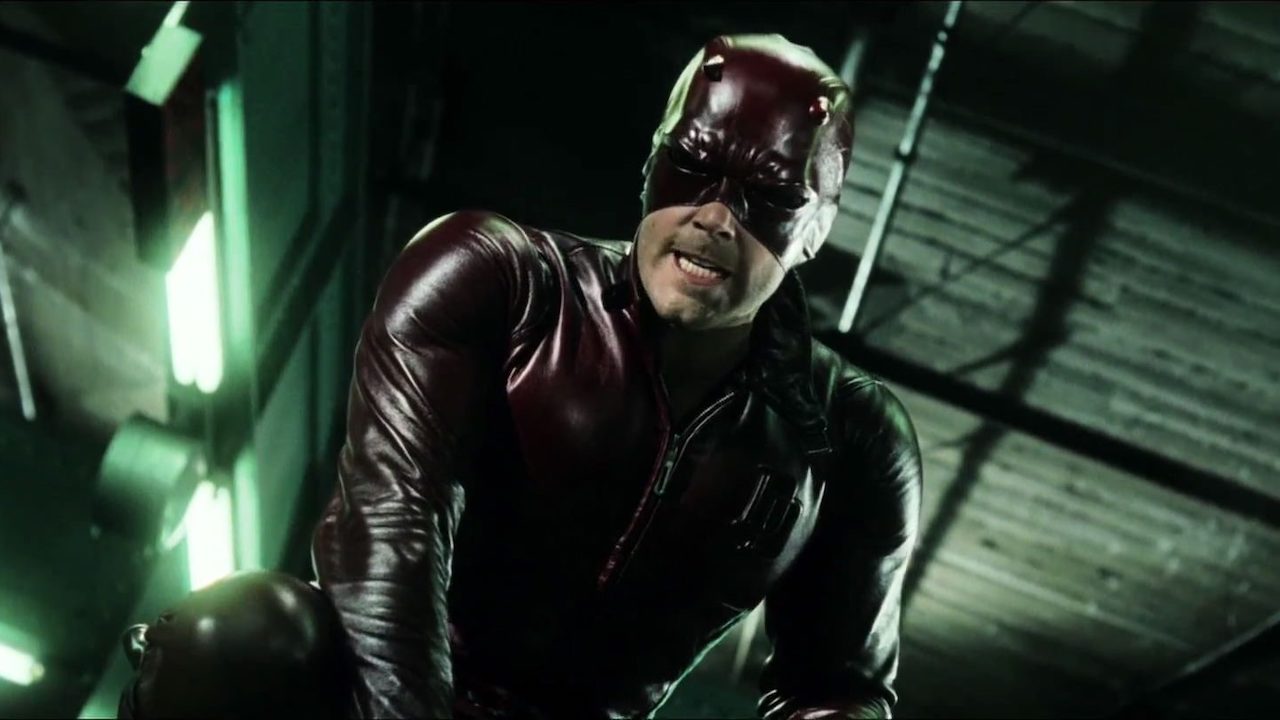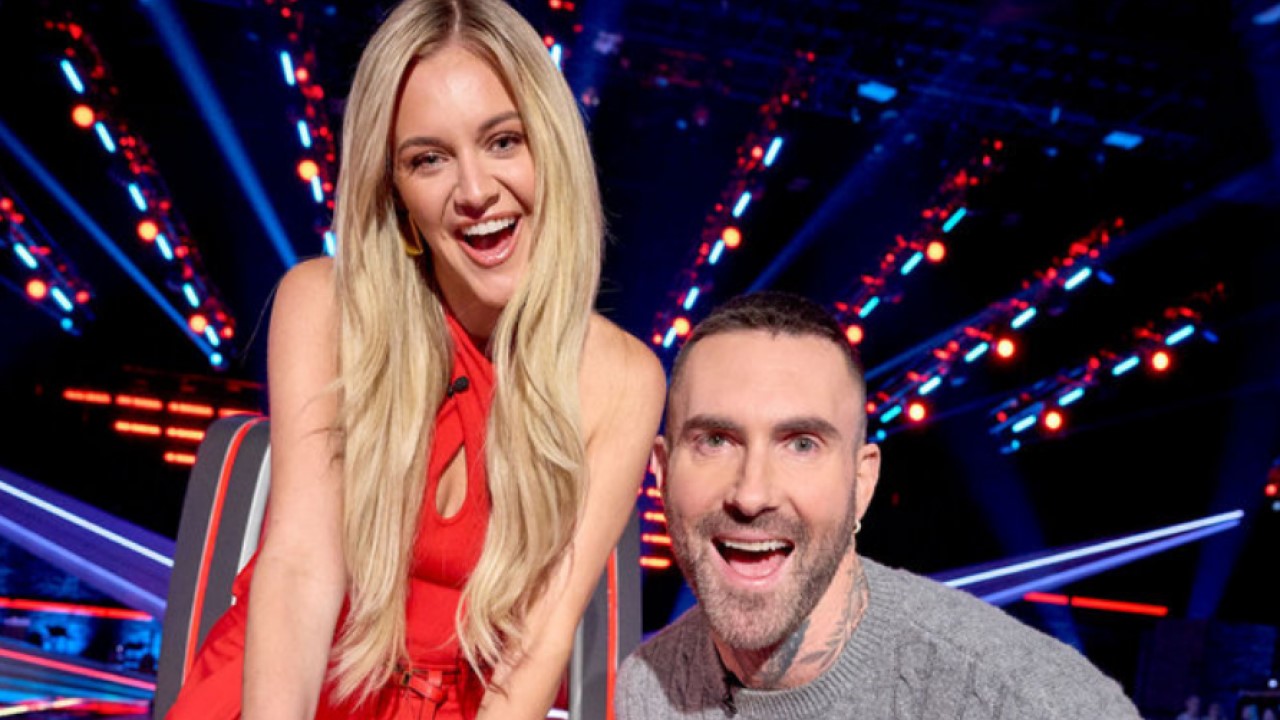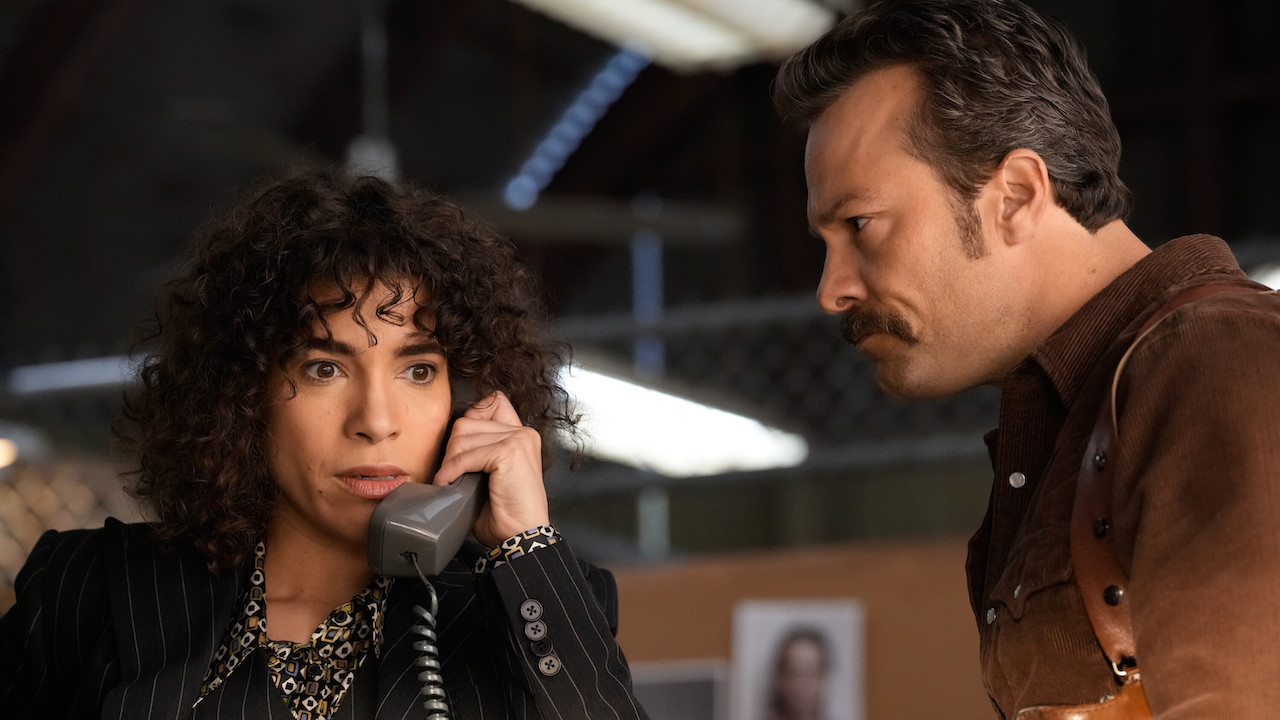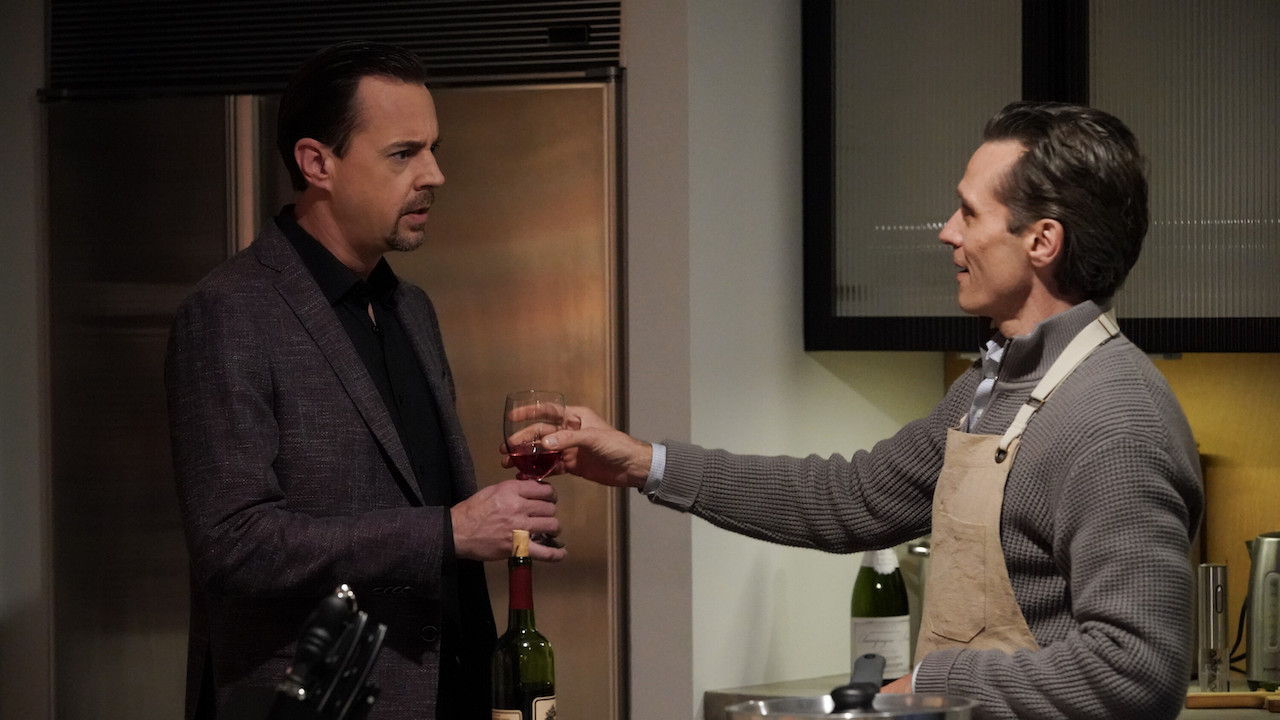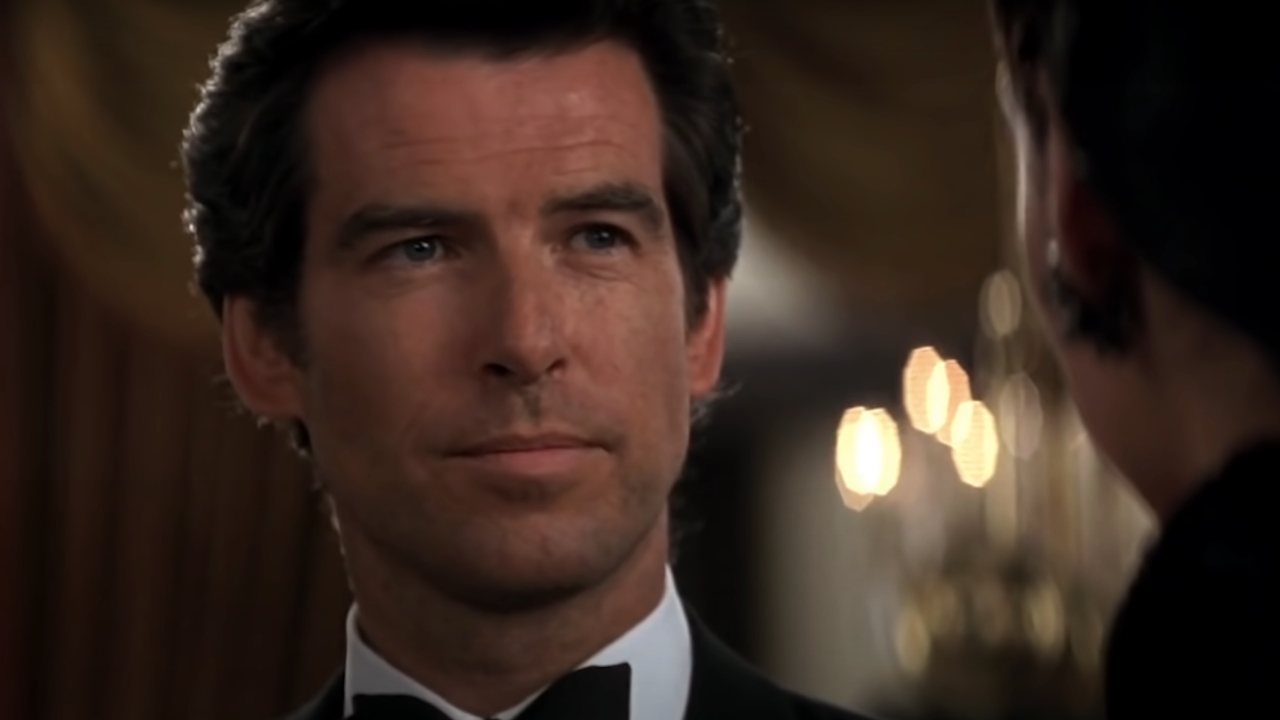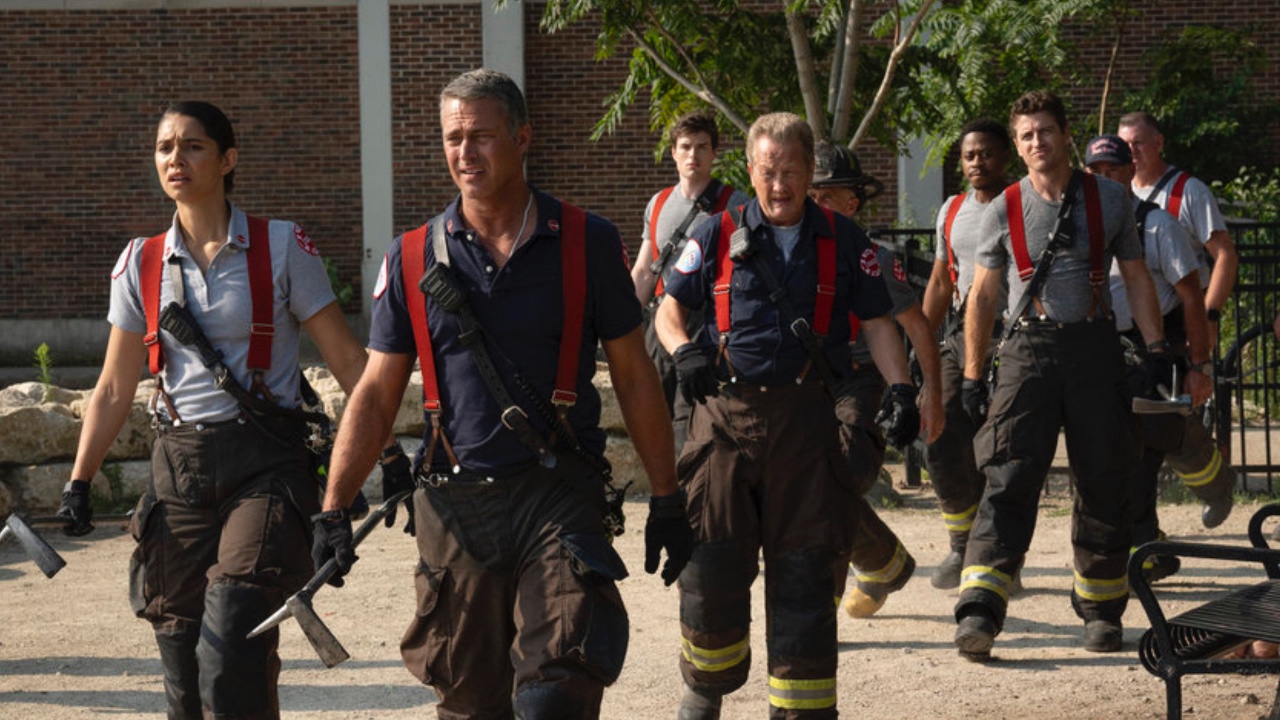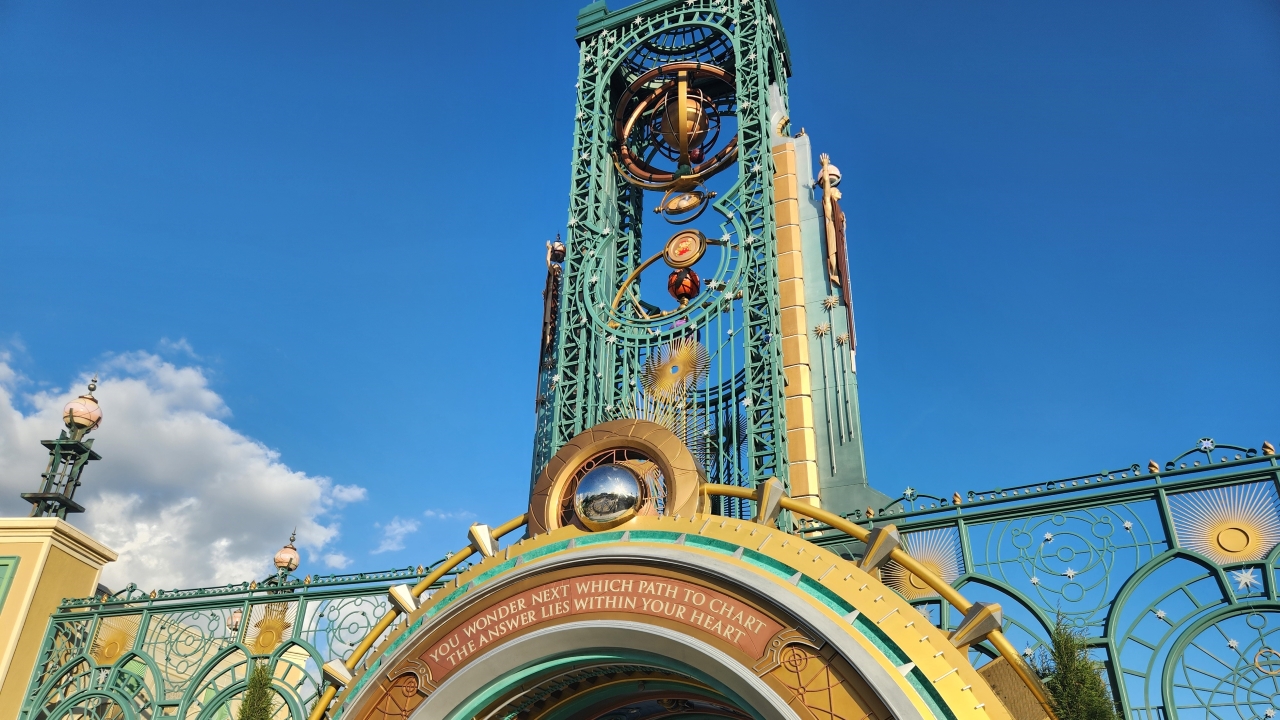Doctor Sleep Had A Much Lower Box Office Than Expected, But Why?
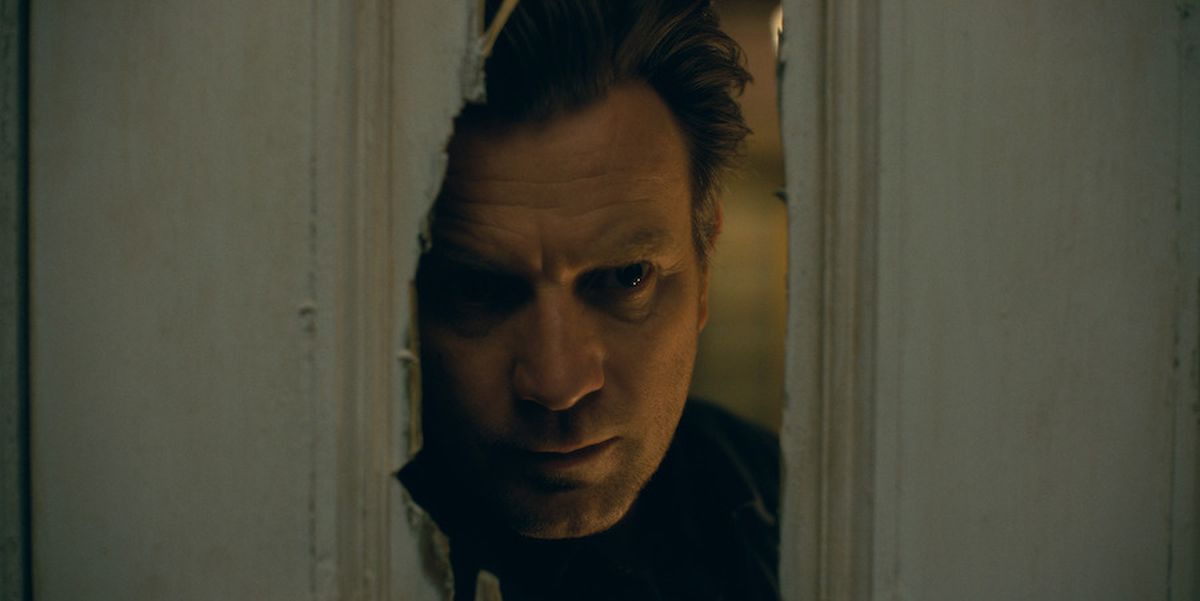
This past weekend saw the debut of Doctor Sleep at the box office. The film is a sequel, both to Stephen King's original novel, The Shining and also to Stanley Kubrick's original film adaptation of said book, though the original movie takes significant liberties with the book. Considering how popular The Shining is today, as both a book and a movie, the follow up was certainly expected to bring in an audience, but that basically didn't happen.
Doctor Sleep brought in barely more than $14 million at the domestic box office this past weekend, which, in addition to only being good enough for second place behind Midway, is about half what the movie was projected to do only a couple months ago. So what exactly went wrong with Doctor Sleep? Here are a few possibilities.
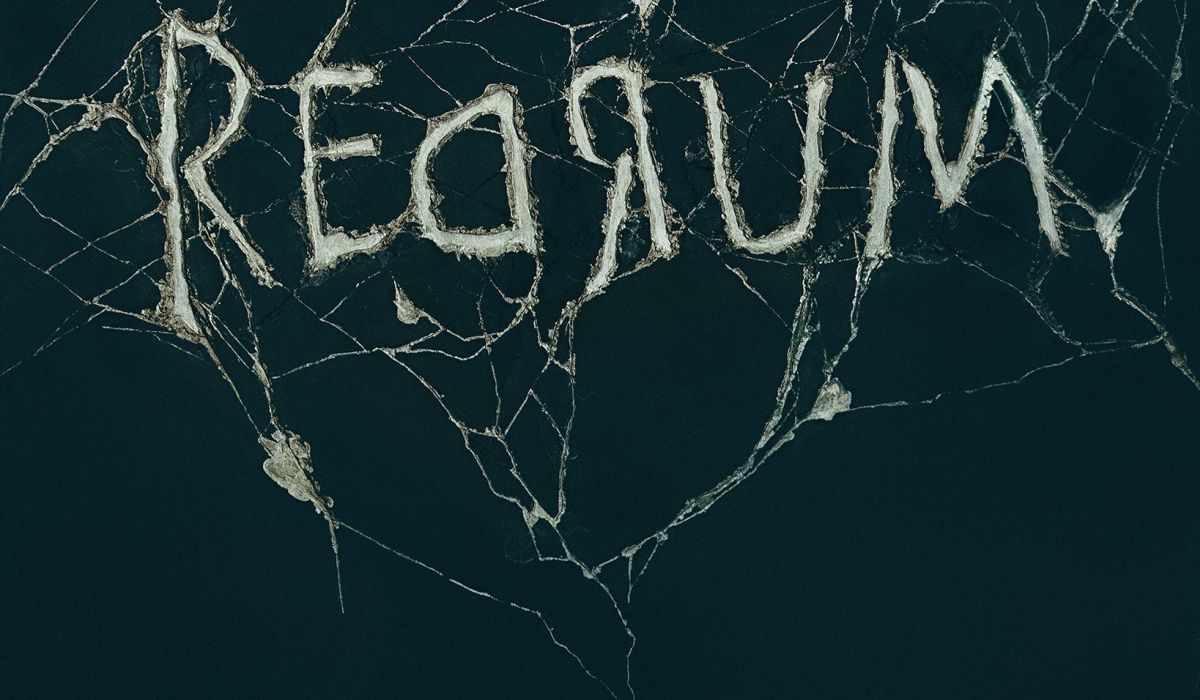
Average Audiences May Not Have Realized Doctor Sleep Was A Shining Sequel
If you're reading this, then you're not the average filmgoer. Most people don't follow internet news on movies, beyond maybe their favorite films. They know what movies are coming based on trailers and TV commercials. Some people love The Shining and Stephen King (even if Stephen King doesn't love The Shining), but most people are just casual fans.
The name Doctor Sleep certainly doesn't conjure up images of The Shining all by itself. Even the film's marketing tried to downplay the actual title at the beginning, which was buried at the bottom of the first teaser poster in favor of the image above. If you read the book, then you already knew what Doctor Sleep was, but if not, it wasn't obvious if you walked past the poster at the local multiplex. Even people who may have read The Shining on vacation 20 years ago and enjoyed Kubrick's movie every Halloween might not have even realized what movie they were getting here.
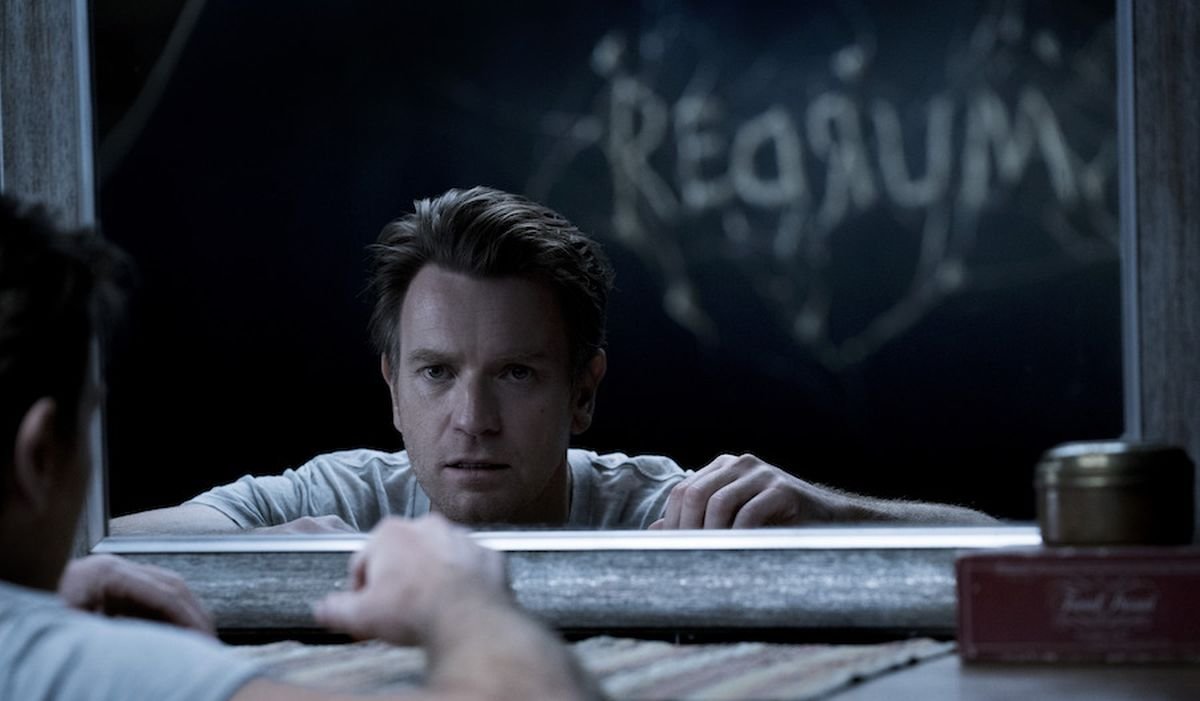
Like Terminator: Dark Fate, Did Anybody Need This Movie?
This isn't the first weekend that a popular franchise had trouble at the box office. It's not even the first time this month. The reasons Doctor Sleep struggled may be very similar to the reasons Terminator Dark Fate dealt with the same problems. This just wasn't a movie anybody needed to see. Audiences were clearly done with that franchise, and they're obviously not interested in this becoming one.
Stephen King has said that he always wondered what happened to Danny Torrance when he grew up, but Stephen King may be one of the few people who were asking that question. The Stanley Kubrick movie especially isn't about Danny, it's about Jack. So if that is "your" version of The Shining, as it is for a lot people, then you probably never wondered what happened to the kid of the guy who went crazy. He probably grew up much better than he would have now that his insane dad is dead.
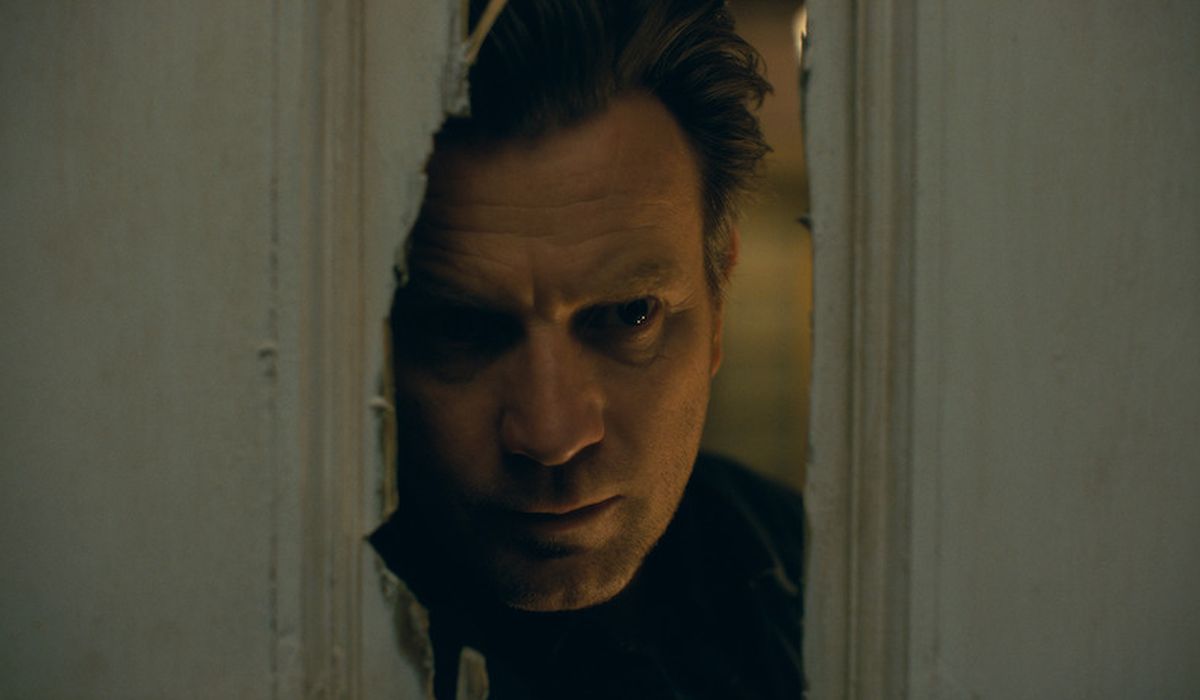
The Shining Wasn't Exactly A Box Office Blockbuster Either
Today, Stanley Kubrick's The Shining is viewed as one of the greatest horror movies ever made. It's easy to forget that this wasn't the case back in 1980 when the movie came out. At the time, the film was met with mixed reviews, and it ended up having a commercial performance to match. Eventually the movie made money at the box office, but it wasn't a blockbuster in the way we'd think of it today.
CINEMABLEND NEWSLETTER
Your Daily Blend of Entertainment News
While the reappraisal of The Shining that has taken place over the years might lead you to believe that enough people understand how great the first movie, and thus would believe a sequel could succeed even though the original didn't, history shows us that's not the case. The original Blade Runner is viewed as a classic now, even though it wasn't when it was released, but that fact didn't help Blade Runner 2049. It would seem that no matter how popular a movie becomes over time, it doesn't mean people are ready to rush out to the theater to catch a sequel, especially since most didn't catch the first movie that way to begin with.
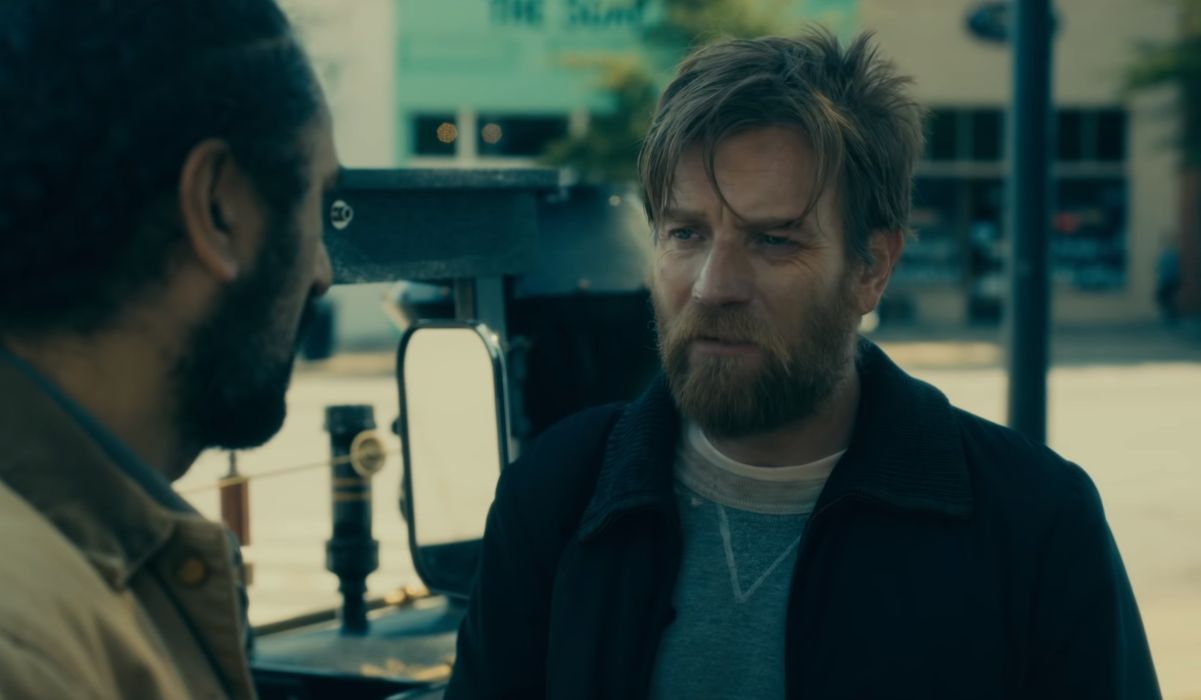
Stephen King Movies Aren't As Popular As You Might Think
These days it seems like Stephen King is back to being one of the hottest properties in Hollywood. We've had an influx of big budget theatrical films, as well as movies going to Netflix and TV shows like Castle Rock, all with connections to King. It would seem that if there's so much interest in King's work, there must be some money in it, but that's not entirely clear.
While IT and its sequel were both box office winners, other recent King films like The Dark Tower and Pet Semetary have been far less successful. Critical reception for movies based on Stephen King books has been all over the map, some loved, others loathed, so audiences certainly don't seem obligated to check them out. Something like IT is the exception, not the rule.
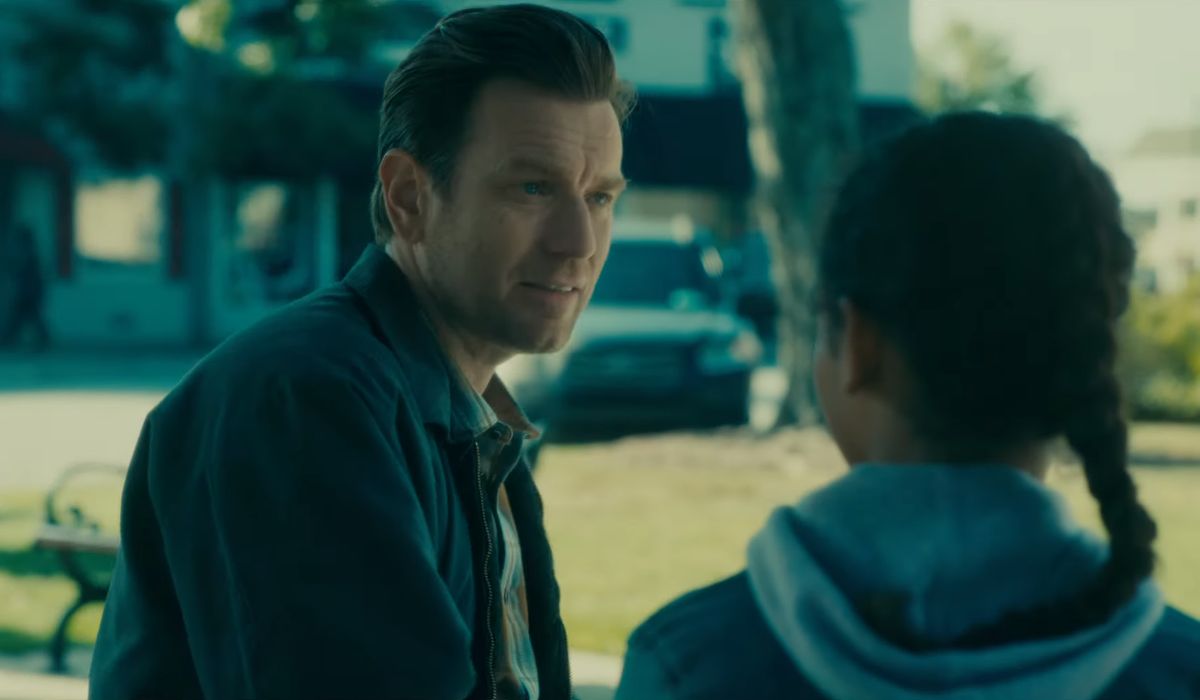
The Post-Halloween Release Probably Didn't Help
There's a time and a place for horror movies, and it's called October. The month of Halloween is usually when we see the bigger horror movies drop, and while a horror movie can certainly be successful at almost any time, The Shining was a May release, after all. So the early November release for Doctor Sleep was certainly an interesting choice.
While not every horror movie can come out in October, coming out just after Halloween feels like it was far too late. If the public's thirst for horror hits its peak at the end of October, then early November is the come-down period, where people may be less interested in horror than any other time of the year. It feels like if an October release wasn't possible, August or September might have been better choices than November.
There isn't one single reason why Doctor Sleep didn't hit with audiences this past weekend. Each of these reasons is just part of the explanation. There are likely even more reasons that we'll become clearer with time. However, when you add all this together, you find a movie that certainly had the odds stacked against it at the box office.
Of course, based on the feeling of most critics, Doctor Sleep is a good movie. So perhaps the sequel to The Shining will follow in the original's footsteps and eventually be revered as a horror classic, even if that wasn't recognized the first time around.
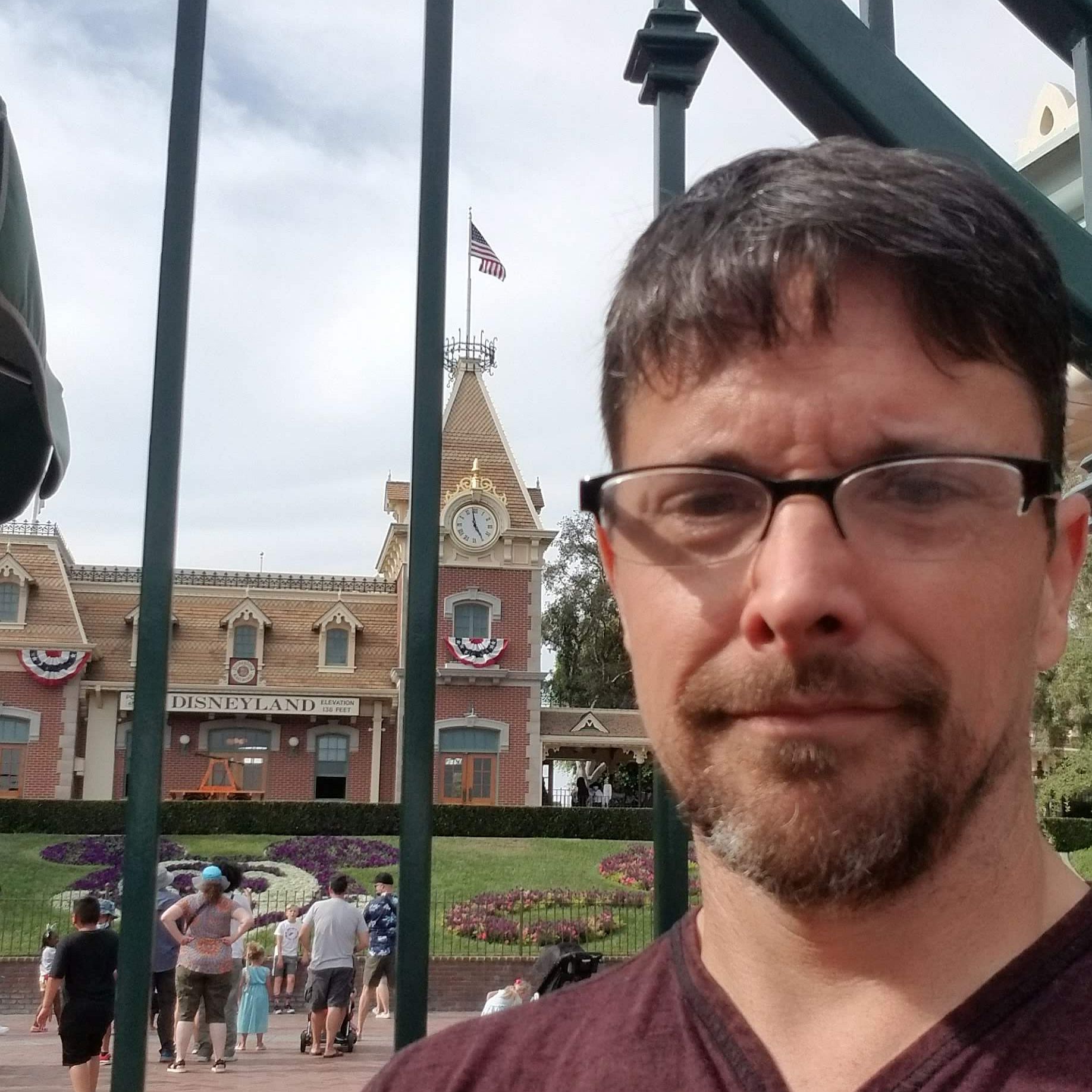
CinemaBlend’s resident theme park junkie and amateur Disney historian, Dirk began writing for CinemaBlend as a freelancer in 2015 before joining the site full-time in 2018. He has previously held positions as a Staff Writer and Games Editor, but has more recently transformed his true passion into his job as the head of the site's Theme Park section. He has previously done freelance work for various gaming and technology sites. Prior to starting his second career as a writer he worked for 12 years in sales for various companies within the consumer electronics industry. He has a degree in political science from the University of California, Davis. Is an armchair Imagineer, Epcot Stan, Future Club 33 Member.
